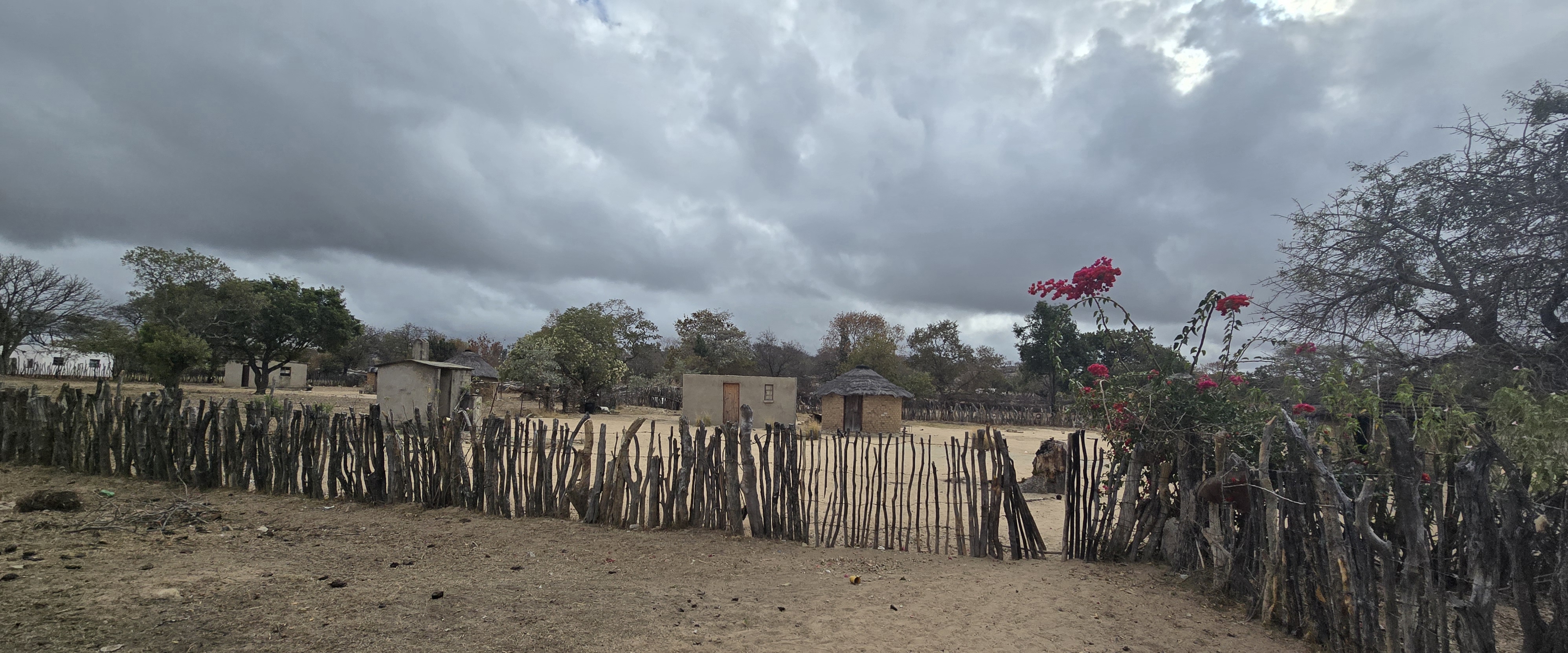Course Description
This course focuses on the participatory, local level development models pursued by a range of community-based, non-governmental and public agencies as alternatives to national models focused on economic growth and global competitiveness. It examines the nature of chronic poverty and reviews historic efforts at community development, community economic development and cooperative formation. It analyzes current emphases on participation and empowerment, gender equity, social capital, sustainable livelihoods, social justice and local governance. Students will examine these issues in the context of sectoral programs in micro-finance, community-based social services, agricultural development, community-based natural resource management and organizational capacity building.
Prerequisites: IDS-1100/6 (UW) or IDS-1110/3 (CMU) or permission of instructor.
- Teacher: Ray Vander Zaag
Today, crises threaten global human security as never before. These crises are caused by a complex mix of natural hazards (such as floods, earthquakes, or droughts) and human action or inaction. This course will explore how humanitarian assistance and disaster recovery efforts can best promote resilience by reducing vulnerability and disaster risk. Community and organizational responses to humanitarian crises will be examined, emphasizing efforts to improve aid quality and accountability. Prerequisite or corequisite: 6 credit hours of introductory Social Science; IDS-1110 is recommended.
- Teacher: Bruce Guenther
- Teacher: Ruth Rempel
- Teacher: Greg Wiebe

- Teacher: Jonathan Sears
- Teacher: Jason Ediger
Academic Calendar Course Description
Evaluating programs
is a means of systematically assessing interventions designed to promote
development and conflict resolution. This course covers formative evaluations
required for program decision-making and summation evaluations applicable for
analyzing outcomes and impacts to determine relevance, effectiveness,
efficiency, sustainability and potential for replication of programs normally
implemented by non-governmental organizations. Current debates in approaches to
evaluation are also reviewed. Students acquire skills in: selecting relevant
quantitative and qualitative indicators, various approaches to obtain measures
for the indicators selected, approaches to analyzing collected data, and
effective presentation of evaluation conclusions and recommendations.
Cost-benefit analysis is covered in ECON-3316(3).
- Teacher: Ray Vander Zaag
- Teacher: Jonathan Sears
BIOL1371 - Anatomy and Physiology II Winter 2025 Semester Course.
Cover image adapted from <themuscularsystemperiodb.files.wordpress.com>

- Teacher: Wendy Fergusson
- Teacher: Monika Kowatsch
BIOL1361 - Anatomy and Physiology I Fall 2024 Semester Course.
Cover image adapted from <insportscenters.com>

- Teacher: Wendy Fergusson
- Teacher: Monika Kowatsch